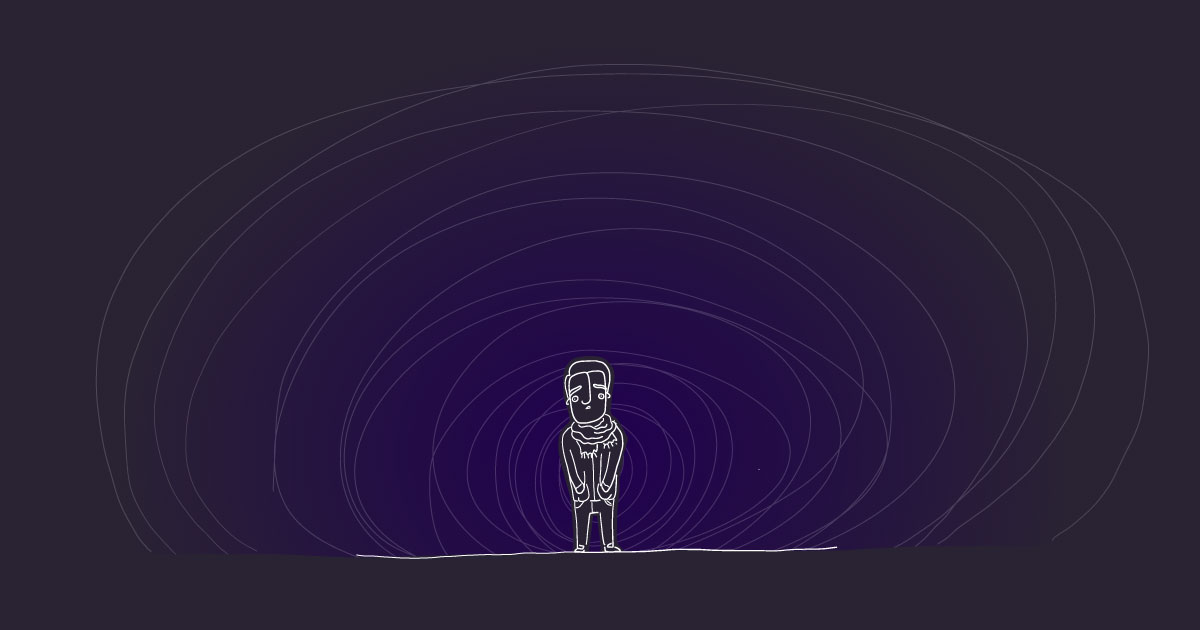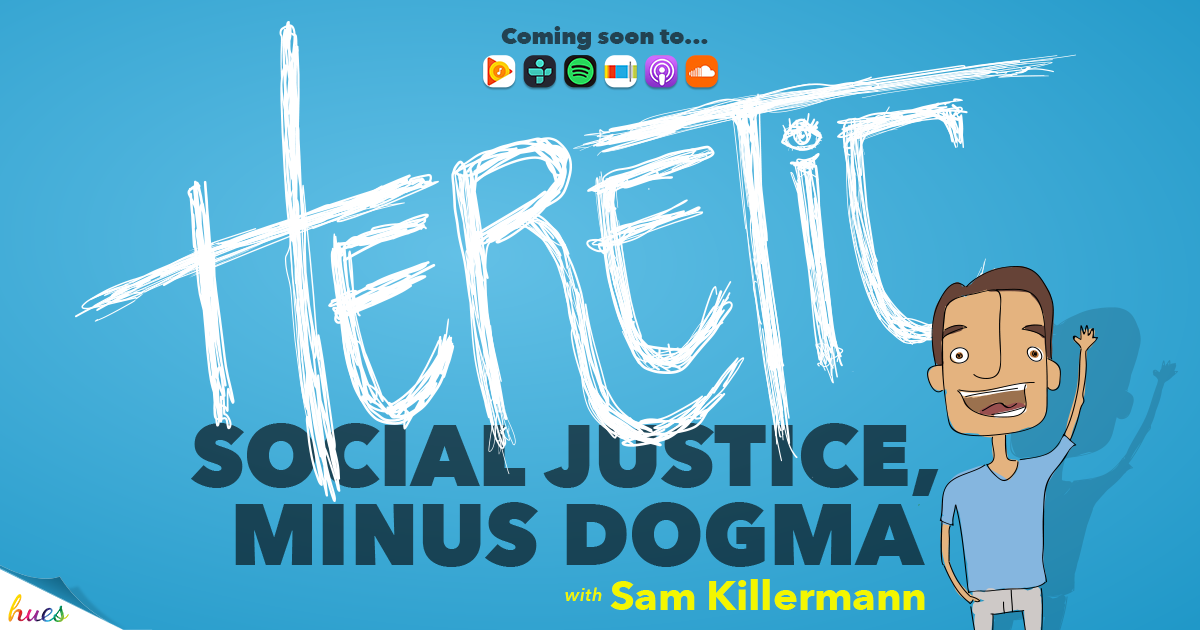
👩💻 by Sam Killermann 📆 on Oct 17, 2018 🗄 in Updates If you're excited to hear a particular episode, help produce it.
From the Codex of Social Justice Dogma A tenet of the social justice dogma that allows us to undermine any argument against us.
What it looks like: someone says they aren’t motivated by an -ism (e.g., genderism, racism, ableism), or that they don’t hold an oppressive viewpoint, but are then “corrected” and informed of their “true” motives/beliefs.
Where it’s coming from: the ideas that (1) a lot of people don’t recognize the ways they enact oppression (e.g., via microagressions), (2) that oppression is often invisible to dominant group members, (3) that a lot of people dog-whistle true beliefs that they can’t say directly, and/or (4) that they are acting on unconscious bias.
Why it’s getting in the way: it’s invalidating and re-creating oppressive dynamics to tell someone what they think. It’s often based on an assumption of a person’s identities and how those are shaping their actions/beliefs (i.e., stereotyping). And ultimately, we can’t possibly know what someone’s “true” motive is (even if they don’t know it either), so it’s starting a fire with no hope of putting it out.
What we might do instead: if someone says their intention isn’t oppressive, and we think what they said or did is, point out that gap. Instead of trying to prove to them we know what’s in their head or heart, focus on the external: what they’ve said or done. Do so in the spirit of helping them connect their espoused intentions with their actions, not in punishing them for intentions we’ve ascribed to them.
From the Codex of Social Justice Dogma A tenet of the social justice dogma that allows us to write people off for past behaviors (despite what they’ve done since).
What it looks like: if somebody, at any point in their past, said or did or shared or believed something that was problematic (i.e., unjust, oppressive, bigoted), we freeze them in that moment in time forever forward. Despite apologizing, examples (or years) displaying that they’ve learned or changed, or any other effort, when that person’s name is mentioned, we are supposed to highlight their problematic past.
Where it’s coming from: the goal of holding people accountable for their past is to make sure they’ve learned, unlearned, or changed.
Why it’s getting in the way: the outcome is this feeling that we don’t create any room for people to grow, change, or learn. When the brunt of the social justice movement is holding a perpetual trial for someone’s past self, it paints the picture that we don’t actually care if people change.
What we might do instead: point where someone’s current belief/stance/action is unjust, and explain an alternative path. Then give them space to walk that path, and grace to stumble a bit. If they stray, poke them. But don’t berate them for something they’ve done in the past if they’ve shown that they’ve learned and are making (or have made) it right.





